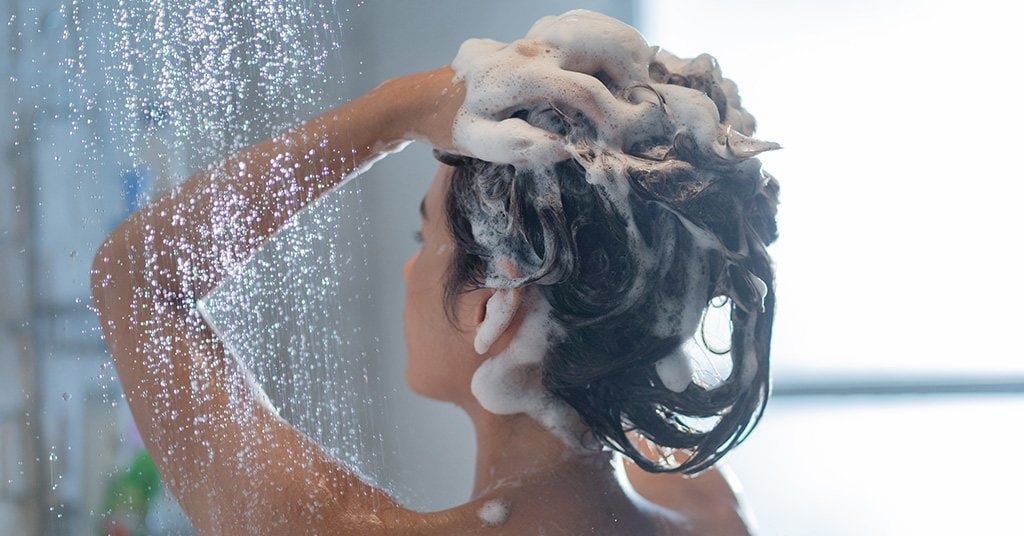
Sulphate has received a lot of attention in the last few years. More and more hair care brands are opting to create products that are free of any sulphates in an effort to be more gentle and non-damaging on the hair. Many people are also more and more interested in buying hair products free of sulphate, with it often being a major factor in their purchasing decision. Is this concern warranted? Is sulphate in hair products really that bad?
The most common argument against sulphate in hair products is that it is a harsh ingredient that damages, strips away or compromises previous treatments done on the hair. This concern is most prevalent for those who have had a Brazilian straightening treatment. You’ve invested a sizeable amount of money and time to achieve your new arrow-straight, silky hair, and you don’t want anything to compromise that. Before we can detail what effects sulphate has on the hair, it’s best to first define sulphate and why the vast majority of shampoos still feature it in their formulas.
What is sulphate?
Sulphates are detergents, or surfactants, used in a huge share of cleaning products for the hair and skin. Most skin or hair cleansers feature a sulphate form in some way, most commonly in the form of sodium lauryl sulphate or sodium laureth sulphate. These are incredibly efficient cleansing agents. When these forms of sulphate make contact with the hair, they work to lift any build-up of dirt, product, debris, dead cells or other impurities, allowing them to run off the hair when rinsed. This creates that squeaky-clean feeling we feel just after washing our hair. Sulphate is essentially an effective “de-greaser” for the hair.
Sulphates are also responsible for creating that rich foamy lather we love so much in our shampoos. The ability for the shampoo to lather makes it much easier to spread the formula across your entire head of hair. This foamy lather is also very easy to wash out, along with any nasties you had in the hair before you washed it. It’s no secret why hair product brands like using sulphate derivatives in their hair cleansers. Sulphate is effective and is the most cost-effective cleansing ingredient that can be used in a shampoo
Is sulphate bad for your hair?
Short answer – no. Sulphate has received a massively poor reputation in the last few years, and the notion that it can be damaging to certain hair types has unfortunately become quite common, even within the professional hair industry. It is very common for hairdressers to recommend avoiding sulphate at all costs if you have had a hair treatment.
Sulphate has no negative affect on hair treatments. It doesn’t matter if you’ve had a Brazilian treatment, a colouring session, a perm, or whatever else, sulphate will not damage, compromise or strip it from your hair. It would not be in a brand’s best interest if they produced a shampoo with an ingredient in it that stripped or damaged hair treatments, as this brand would develop a massively negative reputation. For example, take the Brasil Cacau Anti Frizz Shampoo. This is one of the most popular aftercare products used by people who have had a Brazilian straightening treatment. This shampoo is not free of sulphate, but it is still used and trusted to extend the life of the treatment. It would not make any sense if Brasil Cacau featured an ingredient in their aftercare shampoo that damaged or stripped the treatment provided by the professional treatment they also sell.
Does that mean sulphate is 100% recommended for everyone to use? No. A common criticism of sulphate-based shampoos is that it can cleanse the hair too well, stripping too much natural oils on the hair and scalp, leaving the hair looking and feeling dry and dull. This is usually experienced by those with thinner, more sensitive hair types. Some of these people may feel it more suitable to use a sulphate-free shampoo instead.

